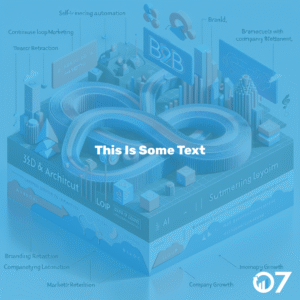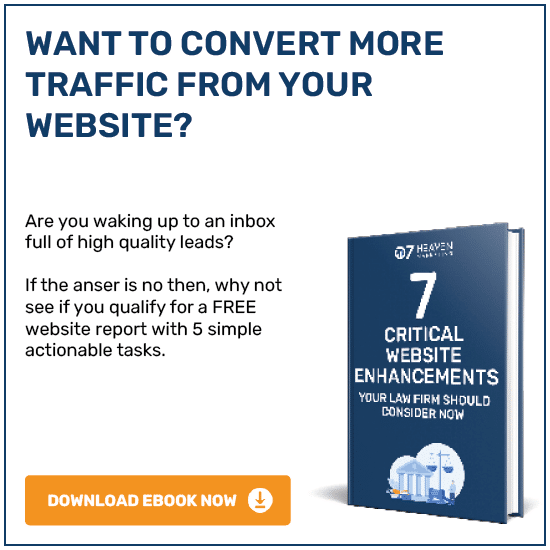In today’s digital marketing arena, understanding keyword intent is essential for crafting content that not only attracts visitors but also converts them effectively. Many marketers focus on keyword volumes without considering the intent behind searches. This approach may lead to content that misses the mark in engagement and conversion, even if it is well-written.
Ignoring keyword intent neglects a key facet of successful content creation. Understanding both what your audience searches for and why they search for it can revolutionise your content strategies. In this article, we’ll unpack the nuances of keyword intent and how to optimise your content for it effectively.
The Essence of Keyword Intent
Keyword intent, also known as search intent, signifies a user’s underlying motive when typing a search query. Users may be seeking to learn new information, make a purchase, or compare products. Properly matching your content with this intent can lead to improved engagement and higher search engine rankings.
Why is Keyword Intent Crucial?
Search engines like Google are driven by the goal of delivering relevant content that answers the user’s query. By aligning your content with the user’s intent, you position yourself for a better search engine ranking.
Understanding keyword intent not only pleases search engines but also positions your brand effectively within search results. It can align your content with relevant phrases that match what you’re offering.
Take, for instance, a business keen on featuring in searches for their CRM tool. Beyond just aiming to rank for “CRM,” they should optimise for specific intents like “how to organise my contacts efficiently.”
Classifying Keyword Intent
Informational
Informational intent involves queries made to gain knowledge on various subjects. These range from straightforward questions like “What’s the capital of France?” to more in-depth topics such as “benefits of meditation”.
Navigational
Navigational intent embodies searches where the user aims to reach a particular website or page. This often includes branded searches like “Facebook login page” or “Slack help centre”.
Transactional
Transactional intent is when the user is ready to make a purchase. They may search terms like “buy iPhone 13” or “best discounts on shoes”.
Commercial
Commercial intent is akin to transactional intent but involves users evaluating options before making a purchase. They might look for reviews or comparisons such as “best laptop 2023”.
Identifying and Optimising for Keyword Intent
Analysing SERP for Clues
Always begin with examining search engine results pages (SERP) for your target keywords. Insights into listed content types reveal the dominant intent. It will aid in selecting the appropriate content format to match users’ search actions.
Tools and Technology
Various SEO tools like Semrush and Ahrefs can automatically assign intent to keywords, streamlining your research process. Yet, always manually verify this analysis to ensure reliability.
Practical SEO Tips
-
Tailor Your Content Format: Mimic the content structure that ranks well for your chosen keyword. For example, if the top results for a particular keyword include listicles, consider using this format.
-
Employ Intent-Focused Language: Ensure your language aligns with the intent. For instance, for transactional queries, terms like “purchase now” or “order today” are highly effective.
-
Optimise Meta Tags: Meta tags should reflect search intent to drive higher click-through rates. They must convey value and prompt users to take action.
-
Integrate Structured Data: Utilise structured data to clarify the content’s context to search engines. This inclusion can enrich results and improve visibility without cluttering your site’s visual design.
Enhancing User Experience
Consider user-friendly formats that make complex information easy to digest. Well-structured tables or graphs on comparison pages can significantly reduce cognitive load and improve engagement.
Conclusion: Embrace Keyword Intent
Mastering keyword intent is not just beneficial but essential for a successful SEO strategy. Always remember to ask yourself what goals your audience has and how your content can meet those needs. This understanding not only boosts engagement but also enhances search engine rankings effectively.
For more insights, visit our blog at 07 Heaven Marketing. Contact us via email at info@07hm.co.uk or call us on 01702 410663.





